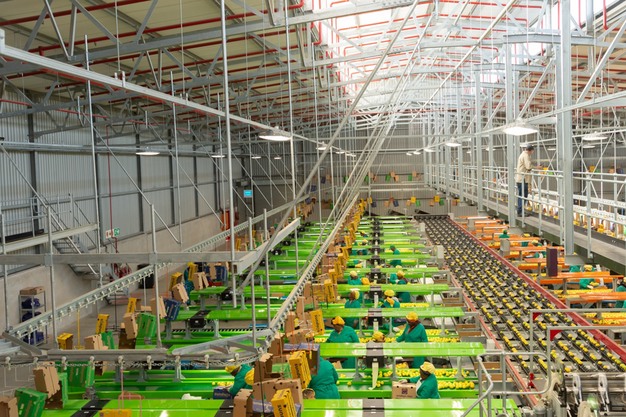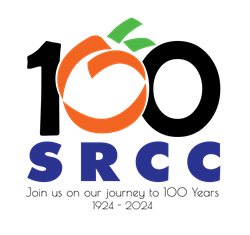The good news is that the second half of the lemon season will be much better than the start which is, Hannes de Waal, chairperson of the Citrus Growers' Association and CEO of the Sundays River Citrus Company confirms, definitely going to be challenging. The bad news is that two years from now the same dynamics – large lemon crops from Southern and Northern hemisphere orchards and a concomitant lemon oversupply - can be expected again.
Perhaps the lemon market might be even worse two years from now, because South Africa is still fourteen million cartons off its eventual expected plateau of 48 million cartons.

South Africa's Northern Hemisphere retail programmes could start about four weeks later than last year.
The lemon market has been very sluggish and since December, consumption has declined. Turkey has had a very large crop and Spain, which is the main player this time of the year, has volumes of 30% to 40% higher but of a low quality as a result of their severe drought.
Spain is reportedly discarding substandard fruit for which there is no juice market: the juice price is very weak. It is expected that they'll turn to their Verna crop quicker after a disastrous Primiofori campaign.
"Therefore, a later start for South Africa in Europe, and in the rest of the world, looks like a possibility. Evidently this is not good news for us. However, what counts in our favour," he points out, "is the quality of South African lemons. It is the best in the world. There's no way Europe will be sitting on Spanish Vernas until August. There will doubtless be room for high quality lemons in Europe before then."
South African lemon exporters have been receiving their retail clients' demand plans and according to that, De Waal says, it looks like the retail programmes could start about four weeks later than last year.
Sizing affected by a hot February
"There is a very good crop in our valley. I understand in Senwes the volume is down somewhat, but from the north and from the Western Cape it will definitely increase as young trees come into bearing."
Countrywide lemons will be small after a very hot February with little rainfall. De Waal remarks that their lemons have barely added anything to their girth over the past month, but: "We do have sufficient volumes of what we refer to as the retail counts, so sizing will definitely not affect our supply to supermarkets."
A slack juice sector and overloaded lemon markets are exactly what De Waal expected a decade ago.
"Back then I cautioned that when South Africa exceeds 25 million cartons of lemons and when you consider that the rest of the world is also planting lemons, it's clear we're going to run into trouble trying to find markets for all those lemons."
South Africa now lies on around 34 million export cartons of lemons.
Moreover, since he sounded that note, world trade has become much more complicated and it has never been smooth sailing since 2020.

"Why is South Africa sending more lemons to Eastern Europe than to Africa?"
"The industry very urgently needs much better market access to the United States. Much of South East Asia lies open to us to develop, besides China and Hong Kong where we're pretty big on lemons (but one must remember that China grows its own lemons too, although exact production statistics are not known). But tariffs on fruit need to be addressed and it's something we've discussed with the Department of Trade and Industry."
High tariffs within intra-African trade will be addressed by the incoming African Continental Free Trade Agreement, but on the continent – where there is interest in lemons, especially from oil producers like Angola when the price of crude oil is high – a major impediment is the flow of payments.
"You have to ask yourself why South Africa is sending more lemons to Eastern Europe than to Africa. It's simple: because it's still easier to get your money from Eastern Europe than from Africa."
On the bright side, Saudi Arabia, with its projected demographic doubling, is a country of high potential for South African lemons.
For more information:
Hannes de Waal
Sundays River Citrus Company
Tel: +27 87 700 4462
Email: srcc@srcc.co.za
https://www.srcc.co.za/
